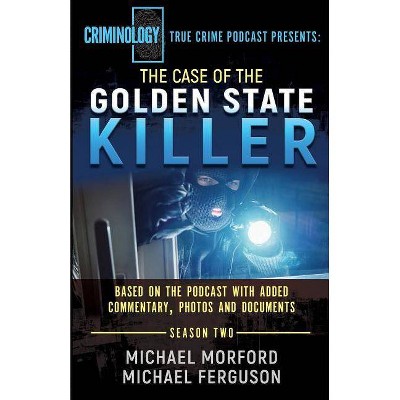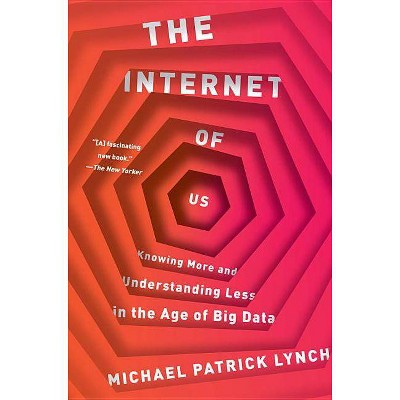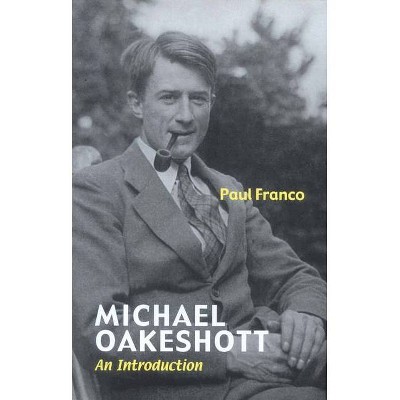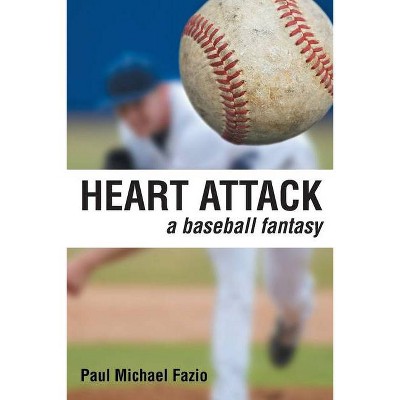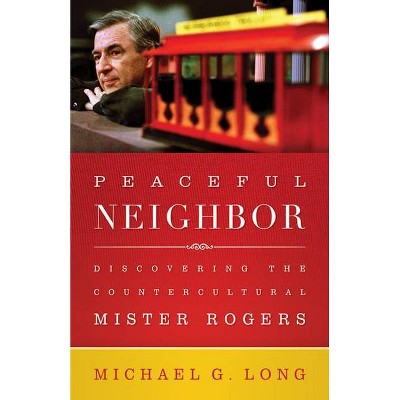Green Criminology - by Michael J Lynch & Michael a Long & Paul B Stretesky & Kimberly L Barrett (Paperback)
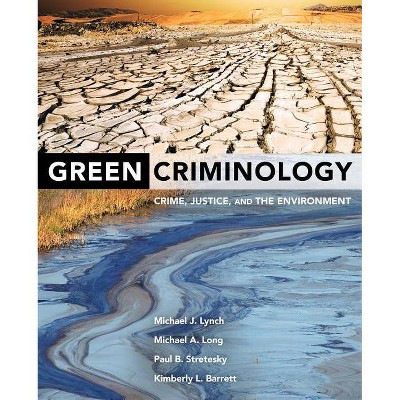
Similar Products
Products of same category from the store
AllProduct info
<p/><br></br><p><b> About the Book </b></p></br></br>"This book provides an overview and assessment of green criminology. Based on a political-economic analysis, Green Criminology draws attention to the ways in which the political-economic organization of capitalism causes ecological destruction and disorganization. Focusing on real-world impact, chapters include political-economic examinations of ecological withdrawals, ecological additions, toxic towns, wildlife poaching and trafficking, environmental justice, environmental laws, and nongovernment environmental organizations. The book also explores how ecological footprint, planetary boundary analysis, and other scientific research applies to green criminological analysis"--Provided by publisher.<p/><br></br><p><b> Book Synopsis </b></p></br></br>This groundbreaking text provides students with an overview and assessment of green criminology as well as a call to action. <i>Green Criminology </i>draws attention to the ways in which the political-economic organization of capitalism causes ecological destruction and disorganization. Focusing on real-world issues of green crime and environmental justice, chapters examine ecological withdrawals, ecological additions, toxic towns, wildlife poaching and trafficking, environmental laws, and nongovernmental environmental organizations. The book also presents an unintimidating introduction to research from the physical sciences on issues such as climate change, pollution levels, and the ecological footprint of humans, providing a truly interdisciplinary foundation for green criminological analysis. <p/> To help students succeed in the course--and to encourage them to see themselves as future green criminology researchers--the end-of-chapter study guides include: <p/><b>- Questions and Activities for Students</b> that review topics students should be able to conceptualize and address. <br><b>- Lessons for Researchers </b>that suggest additional areas of research in the study of green crime. <br><p/><br></br><p><b> From the Back Cover </b></p></br></br>"A masterfully articulated political-economic approach to green criminology. This book should be required reading for all students of criminology and environmental social science."--Andrew Jorgenson, Professor of Sociology and Environmental Studies, Boston College <p/> "<i>Green Criminology</i> explains the economic processes and science we need to understand as the world faces ecological crisis. It appeals for justice and for us all to try to make a difference. This outstanding book should help to change criminology."--Nigel South, Professor of Sociology, University of Essex <p/> "This volume by pioneers in green criminology cements their central role in the field. Their ecologically grounded political-economic perspective allows them to provide powerful analyses of a wide range of crimes against the environment waged by those in positions of power, crimes that warrant exposure and prosecution."--Riley E. Dunlap, Regents Professor of Sociology, Oklahoma State University<p/><br></br><p><b> About the Author </b></p></br></br><b>Michael J. Lynch</b> is Professor of Criminology and Associated Faculty at the Patel College of Global Sustainability at the University of South Florida. He is recognized for creating the term "green criminology." His research interests include radical criminological research, environmental justice, racial biases in the criminal justice process, and macrolevel models predicting crime and incarceration rates. <br><b>Michael A. Long </b>is Associate Professor in the Department of Social Sciences at Northumbria University. His research interests include political economy and the environment, state-corporate crime, substance use, and quantitative methodology. <br><b>Paul B. Stretesky</b> is Professor in the Department of Social Sciences at Northumbria University and Associated Faculty in the Department of Sociology at Colorado State University. His research interests include environmental crime, law and justice, and the consequences of natural gas extraction on crime in the United Kingdom. <br><b>Kimberly L. Barrett</b> is Assistant Professor of Criminology in the Department of Sociology, Anthropology, and Criminology at Eastern Michigan University. Her research interests include green criminology, corporate crime, and environmental justice. <p/>
Price History
Cheapest price in the interval: 56.99 on October 22, 2021
Most expensive price in the interval: 56.99 on December 20, 2021
Price Archive shows prices from various stores, lets you see history and find the cheapest. There is no actual sale on the website. For all support, inquiry and suggestion messagescommunication@pricearchive.us

